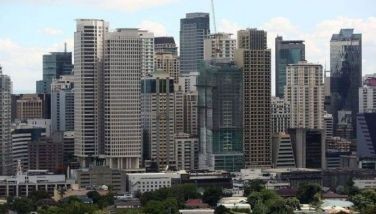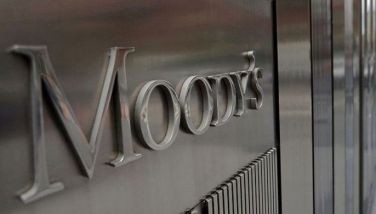Peso seen weakening to 50 vs dollar
MANILA, Philippines – Ayala-led Bank of the Philippine Islands (BPI) sees the peso weakening further to the 50-to-$1 level next year due to the planned higher deficit spending by the incoming administration.
Jun Neri, lead economist at BPI, said in the bank’s latest commentary the peso is likely to hit 50 rather than 45 to $1 through 2017. The peso closed at 46.445 to $1 last Friday.
The peso has strengthened after the US Federal Reserve kept interest rates steady last Wednesday but hinted two more rate hikes this year after it raised key policy rates last December.
Neri pointed out the peso has appreciated in recent weeks as expectations for a Fed rate hike ease this year.
However, he explained a US rate hike is still in the cards this year due to rising crude oil, US inflation, and firmer employment data.
“Despite recent appreciation pressure, the peso is expected to revert toward the 50 level as the Fed raises rates within the year with more follow through actions in 2017 despite market expectations for the opposite,” Neri said.
Neri said non-oil exporters in the emerging market space are likely to weaken especially if oil exceeds the $60 per barrel mark.
He added US Fed chair Janet Yellen may once again invoke the need to hike rates to ease inflationary pressures should inflation continue to trend higher coupled with the recent wage growth.
Neri said the economic team of incoming president Rodrigo Duterte has committed to raise infrastructure spending to seven percent of gross domestic product (GDP).
He explained about $145 billion would be needed in the next six years to fund higher infrastructure spending assuming that three-fourths of the amount are from imported equipment and materials for construction.
“There will be increase demand for US dollar by the next administration for infrastructure spending and will likely have preference for domestic borrowing to fund deficit,” Neri said.
The Duterte administration is looking at raising deficit spending to three percent of GDP from the current level of two percent per GDP.
Neri said cash remittances from overseas Filipino workers would continue to grow at a healthy and steady pace but would not increase as remarkably as it has in the past.
Likewise, he added net receipts from the business process outsourcing (BPO) sector would help provide US dollar liquidity.
“These flows will not adequately compensate for the widening trade deficit caused by the aggressive importation of capital goods for the Duterte infrastructure buildup,” Neri said.
- Latest
- Trending

























